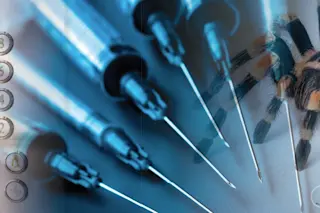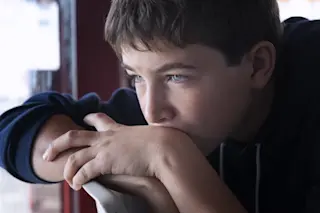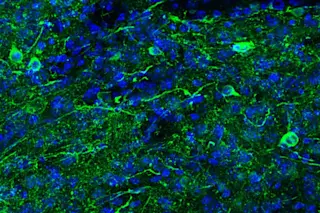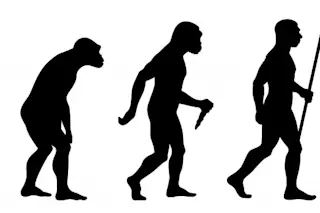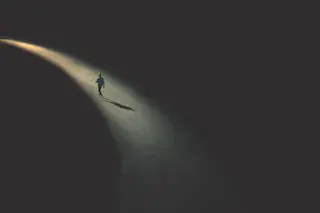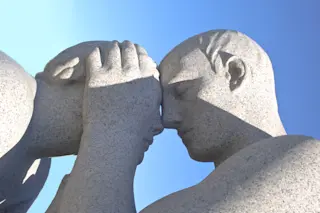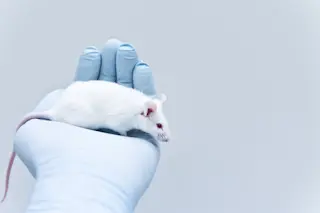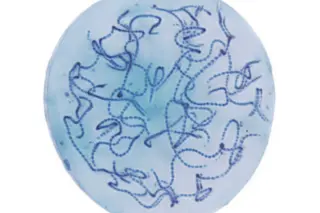Heads up, this article has *spoilers* about the movie Hanna. Joe Wright's new film, Hanna, staring Saoirse Ronan is being hailed as the anti-
for its portrayal of a rich, rounded, and compelling female lead. Hanna is a young woman in her late teens (her age is indeterminate) who can beat you up, break your neck, and shoot you down six ways from Sunday. Why is she able to do that? Well, that right there is an interesting question. You see, Hanna was genetically engineered to have "high intelligence, muscle mass, and no pity." But here's the rub: she was also raised to be a trained assassin. So who is to credit (or perhaps, to blame) for Hanna's ability to crush faces with naught but her hands and an emotionless grimace? Is it her genes or her training? The film ostensibly portrays Hanna as a naive heroine striving ...




